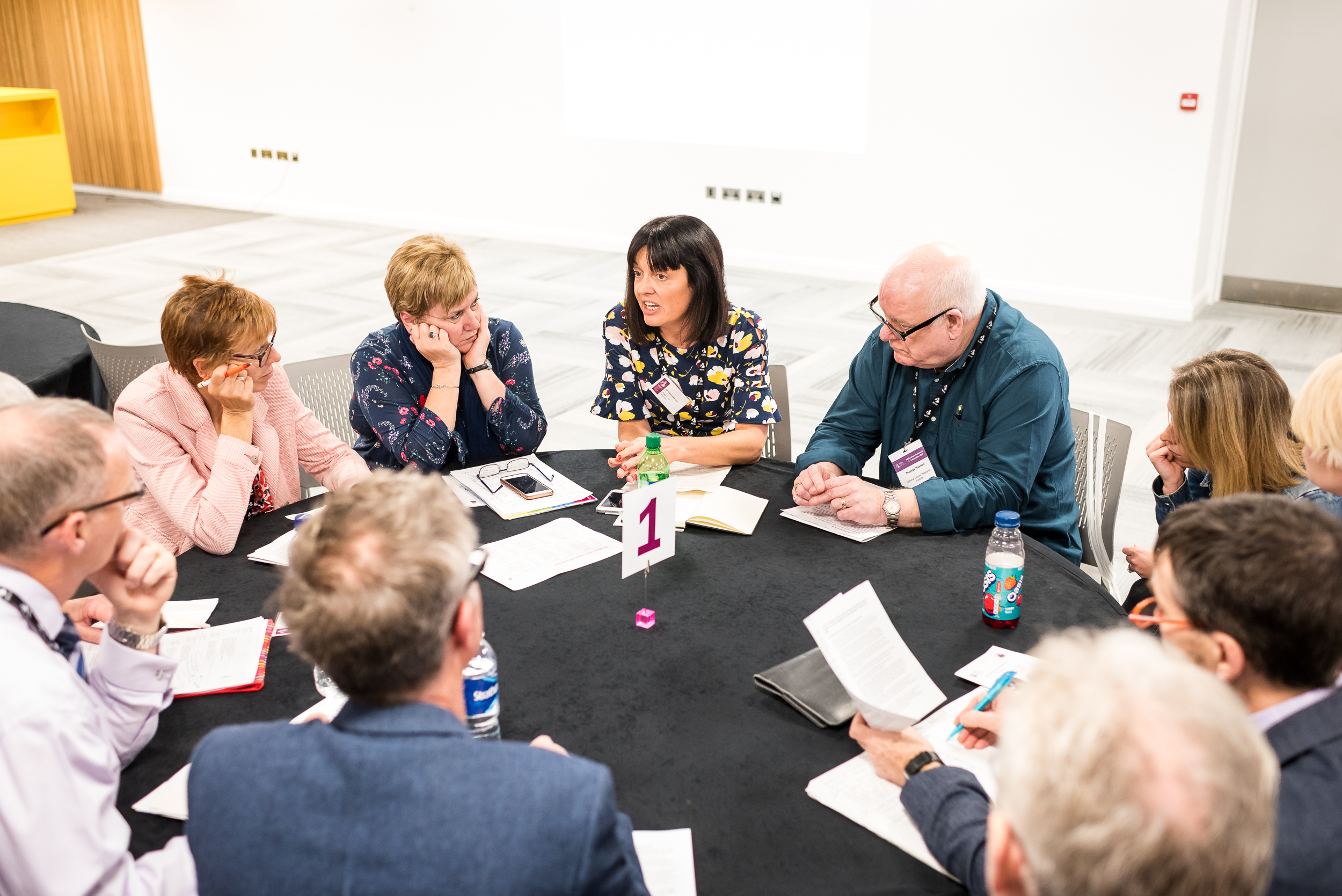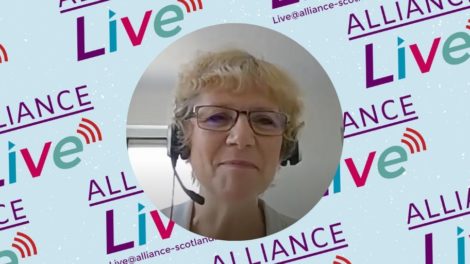
This opinion piece from Iain Frame, Chief Executive Officer, of The National Cancer Research Institute (NCRI) talks about what The NCRI can do for you. Finding out how you can get involved.
The National Cancer Research Institute (NCRI) (this link will take you away from our website) brings together charities, research councils and government from all four nations of the United Kingdom. NCRI has led the way in involving patients, carers and other people with experience of cancer in research. This collaboration improves the quality and relevance of cancer research in the UK.
We use the word ‘consumer’ to describe the patients, carers and people with experience of cancer who work with us. It is sometimes seen as controversial but has long roots that go back as far as NCRI itself. NCRI chose the term to symbolise its commitment not only to hear but to heed the lay voice. The word “consumer” was a reminder of the relationship between publicly funded cancer research organisations, charities and health services funded by donations and taxes respectively, and the general public.
All Consumers are part of the NCRI ‘Consumer Forum’ (this link will take you away from our website)which now numbers over 100 people. Some members are active on NCRI ‘Groups’ (this link will take away from our website) and some are involved in NCRI activities on an ad hoc basis. All members are engaged in cancer research in one way or another at all levels and stages of research. Members also have access to regular forum meetings, in addition to the opportunities to get involved, and an active discussion group. NCRI supports forum members in their involvement activities by providing training, a Scientific Mentor and a Consumer Buddy.
Some examples of opportunities and the impact of consumers within the NCRI below:
- Inputting into NCRI research activities, strategy days, committees and groups, as equal and valued partners.
- Regularly attending and actively participating in NCRI Group meetings, assisting the NCRI Groups in understanding the perspectives of patients, carers and the public.
- Providing a ‘plain language’ eye to clinical trial communications, especially study protocols, applications for funding, and patient consent information.
- Inspiring or initiating a research idea and helping to develop the idea into a clinical trial.
- Attending and participating in Dragon’s Den events, where they discuss proposals or challenges with researchers and provide feedback.
- Act as ambassadors for NCRI activities.
- Presenting to and working with other Forum members to share knowledge, expertise and best practice.
Most of the NCRI consumers are also involved with our partners and other stakeholders in cancer research. This is of benefit for everyone because it allows ideas to be shared and best practice disseminated between a large number of organisations. The Covid-19 pandemic has impacted the future research funding landscape, and much is unknown. Cancer research funders must work together to coordinate research, reducing duplication of effort, and identifying priority areas that will have maximum impact for patients. Funders will fund only the best trials, and the NCRI collaborative working with consumers is vital to ensure trials are appropriate and most likely to be effective
The NCRI Consumer Forum is now going through a period of expansion. The aim is to expandand further ‘diversify’ the Forum. Diversity here isn’t limited to ethnicity or geography; it also covers experience and the amount of time you can give to us. We want to reach people who might not previously have thought about becoming involved in cancer research and have them join us.
If you would like to hear more, we hosted a virtual event on November 12th, 2020 ‘Demystifying patient and public involvement in cancer research chaired by Emma Kinloch, the NCRI Consumer Lead. You can register to view it on the NCRI website (this link will take you away from our website). It’s completely free and only an hour long. Why not take a look? You can also visit our website to see how you can get involved (this link will take you away from our website).
Date posted: December 4, 2020
Categories: Uncategorized




